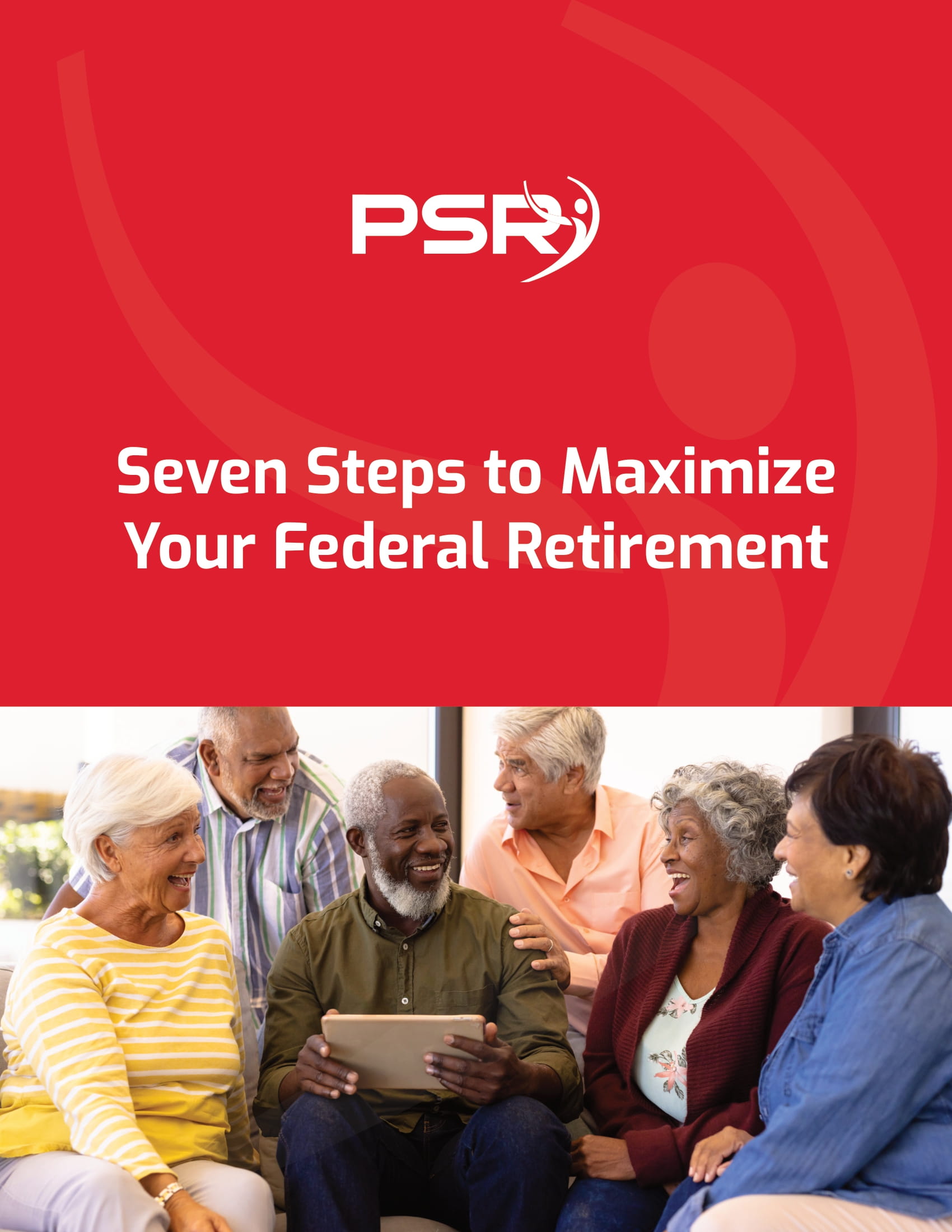Key Takeaways:
- Early retirement as a federal worker is possible if you plan ahead and understand your benefit options.
- Strategic planning and smart use of retirement programs can ensure you don’t have to sacrifice your hard-earned benefits.
So, You Want to Retire Early? Let’s Make It Happen
Dreaming of early retirement but not sure how to get there without losing the benefits you’ve worked so hard for? As a federal worker, you’ve got unique options that can help you retire earlier than you might think. And the best part? You don’t have to sacrifice those key benefits you’ve earned. Let’s break down how you can make early retirement happen and still enjoy the perks of being a federal employee.
First Things First: Know Your Retirement System
- Also Read: Divorce and Your Federal Pension—What Happens When You Split Assets and How It Could Affect Your TSP
- Also Read: What Happens to Your Federal Benefits After Divorce? Here’s the Lowdown
- Also Read: The Best FEHB Plans for 2025: Which One Fits Your Lifestyle and Budget the Best?
Why does this matter? The rules for retirement differ depending on your system, especially when it comes to age and eligibility. Under FERS, you generally need to be at least 57 years old with 30 years of service to retire with full benefits. But there are other options if you don’t want to wait that long.
Using the MRA+10 Option
One of the most flexible early retirement options under FERS is the MRA+10 provision. This allows you to retire as early as your Minimum Retirement Age (MRA), which for most employees is somewhere between 57 and 62, depending on your birth year, with at least 10 years of federal service.
Now, here’s the catch: If you retire under MRA+10, your pension is reduced by 5% for each year you are under 62. This can feel like a hit, but there’s good news. If you plan carefully, you can minimize the impact of this reduction. For instance, you can choose to delay receiving your pension until you reach 62, which eliminates the reduction entirely. So if you’re thinking about leaving early, MRA+10 could be your golden ticket.
Want to Avoid Penalties? Consider a Deferred Retirement
Maybe you’re not quite ready for the 5% per year reduction, but you still want out before hitting full retirement age. In that case, you might consider a deferred retirement.
Deferred retirement allows you to leave federal service early, then wait to claim your pension later when you’re eligible for full benefits. For example, if you’ve got 20 years of service and want to leave at age 50, you can wait until you’re 60 to start receiving your pension at full value, avoiding any penalties.
This option gives you the flexibility to walk away from your federal job early while still maximizing your pension down the road. You’ll just need to keep in mind that, during the waiting period, you won’t have access to federal benefits like health insurance.
Health Insurance: Keeping Your Coverage Intact
Health insurance is one of the biggest concerns for early retirees, and understandably so. Losing your Federal Employees Health Benefits (FEHB) coverage could be a major blow if you’re not careful. But don’t worry—there are ways to keep your coverage even if you retire early.
If you’ve been covered by FEHB for the five years leading up to your retirement, you can carry your health benefits into retirement. The key here is meeting that five-year rule. Once you’ve hit that mark, you can retire whenever you want and keep your FEHB coverage, which could be a huge help in managing healthcare costs until you’re eligible for Medicare at age 65.
If you retire early and don’t meet that five-year rule, you might lose your FEHB coverage, which could complicate your early retirement plans. So, make sure you’ve been enrolled long enough before pulling the plug on your career.
Maximizing Your Thrift Savings Plan (TSP)
Your Thrift Savings Plan (TSP) is another vital component of your early retirement strategy. The TSP is like a 401(k) for federal employees, and it gives you the opportunity to build a significant nest egg over the course of your career.
If you’re planning to retire early, you’ll need to make sure your TSP is up to the task of supporting you. One option is to take advantage of catch-up contributions if you’re 50 or older. For 2024, the contribution limit is $23,000, with an additional $7,500 catch-up limit for those aged 50 and over. That’s a lot of extra cash you can funnel into your retirement savings.
And remember, just because you’re leaving federal service early doesn’t mean you need to start withdrawing from your TSP immediately. The longer you leave those funds to grow, the more secure your financial future will be.
Think About Social Security
Social Security is another critical piece of the retirement puzzle. Under FERS, federal employees contribute to Social Security, which means you’ll have access to those benefits once you reach age 62.
However, if you retire before that, you’ll need to consider how to bridge the income gap until Social Security kicks in. One option is the FERS Special Retirement Supplement, which is designed to provide a financial buffer between your retirement and the age when Social Security benefits become available. The supplement is available to FERS employees who retire at their MRA with at least 30 years of service or at age 60 with 20 years of service.
Keep in mind that this supplement ends once you turn 62, and it could be reduced or eliminated if you decide to work after retiring. So, if you’re thinking about an early exit from federal service, it’s worth considering how you’ll handle this transition.
Do the Math: Can You Afford Early Retirement?
At the end of the day, retiring early as a federal worker is all about planning. You need to be realistic about your financial situation. Sit down with a retirement calculator, run the numbers on your pension, TSP, and Social Security, and figure out how much income you’ll have—and how much you’ll need—if you leave early.
Don’t forget to account for healthcare costs, potential travel plans, and unexpected expenses. Early retirement can be incredibly rewarding, but only if you’ve got your financial ducks in a row.
Are You Ready to Take the Leap?
Retiring early as a federal worker isn’t impossible, but it does take careful planning and a clear understanding of your benefits. From leveraging the MRA+10 option to making the most of your TSP and health insurance, there are ways to leave federal service on your terms without sacrificing what you’ve worked so hard for.
Take the time to assess your situation, and if early retirement feels like the right move, start planning now. The sooner you begin preparing, the smoother your transition into early retirement will be.













